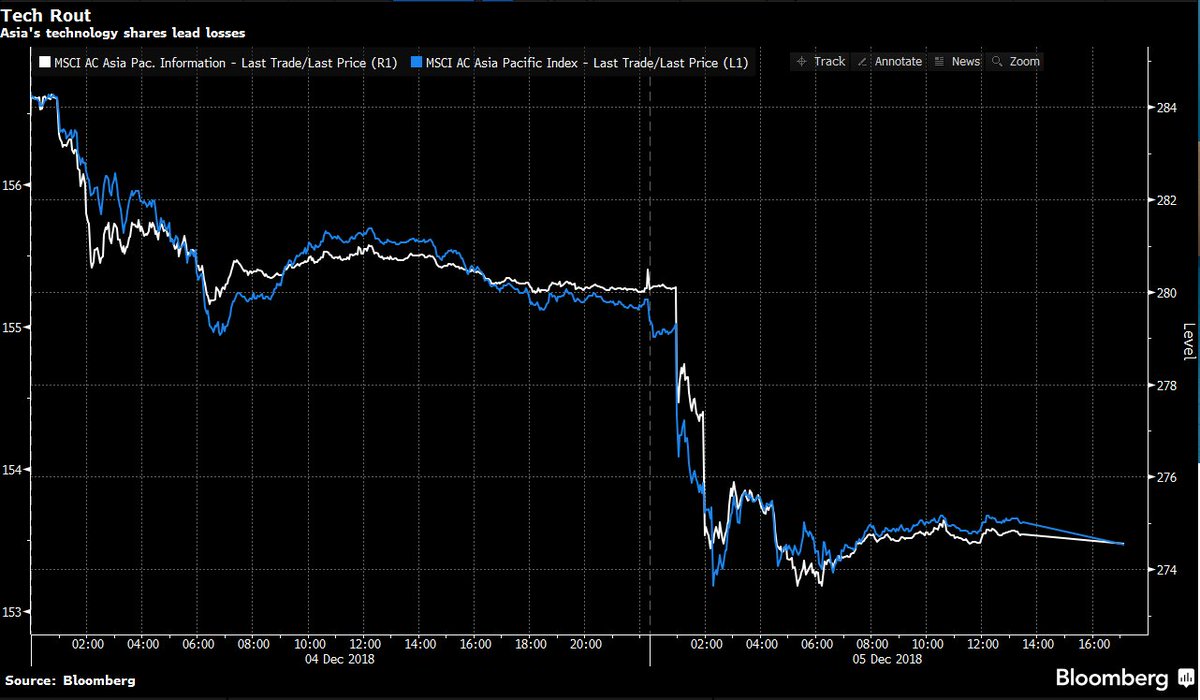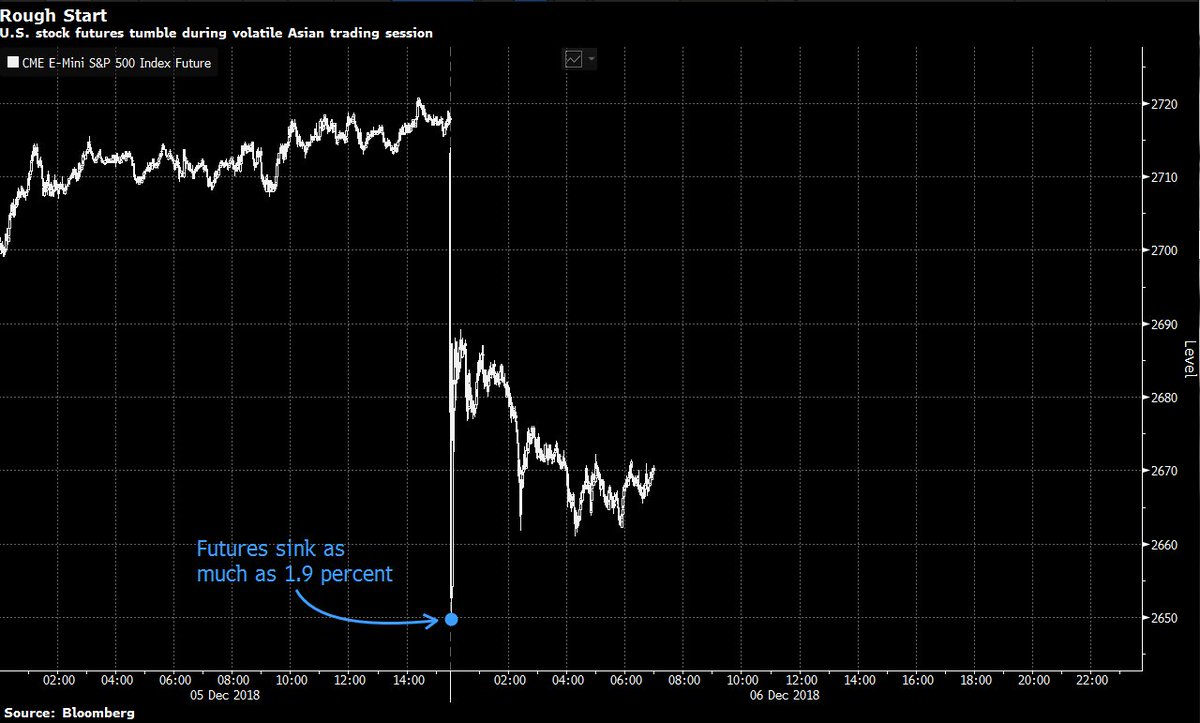Political scientists can get a lot of calls on issues in their general area (e.g. Canadian politics), even if it's outside their specific research focus.
So, three packets of advice on this for political scientists, at all career stages (tenure track, PhDs, adjuncts, etc.).
No. But...
(Good people like @BethGorham and @simplewords000)
A little media work is good.
A lot is...still only good. (And I've done a lot)
In contrast, many people outside academia want media visibility, for career or ego reasons. So they make themselves very available.]
1) It contributes to public understanding.
2) It can help clarify your own ideas and thinking, especially for teaching.
3) Okay, ego. It can be gratifying.
-don't feel obligated to do anything outside of business hours
-don't feel obligated to do things away from your workplace
-don't feel obligated to frantic requests
You can still do these, but notice the repetition above. Do what YOU want to do.
Now, I decline to do pretty much any TV because it's almost all live, in studio or by Skype, and way more stressful.
Your best words: "I don't know." "I'm not sure." "This is not my area."
If you teach and talk to students on these topics, you can talk to media on them too.
Reporters are not trying to trap you...but they may be focused on a particular angle, or that dial-a-quote. Help them see other perspectives. (As with students!)
You've got this.
But political commentary is such a distinct genre for political scientists, and one we don't talk about enough. So I hope this was helpful.



